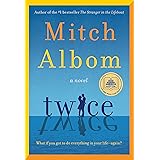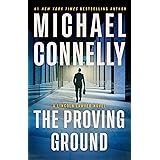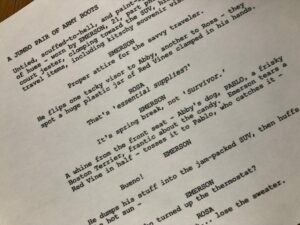Unlock the Hidden Power of Your Writing Voice: Secrets You’ve Never Heard Before
Here are some tips for developing your voice in writing:
- Study literature. You can do this in a formal setting, but you can also study on your own. Read several works by the same author. Take notes about the identifying features of the writer’s voice. Compare the voices of two or more authors.
- Describe authors’ voices, including your own. After reading a piece, make a list of five words that describe the author’s voice. Was it serious? Funny? Witty? Review your own work and do the same.
- Talk to someone. Not literally. Your tone and manner changes, depending on whom you’re speaking with. You probably don’t talk to your grandmother the same way you talk to your best friend. Now apply that to your writing. Who are your readers? How do you talk to them?
- Get an outside opinion. Show your work to some friends and ask them to describe your voice in three words or fewer. Do their descriptions of your voice in writing match the voice you want to project?
- Be your best self. Try writing as naturally as you can. Don’t think too much as you put the words down. Focus more on the thoughts, ideas, and images that you’re expressing. Review the piece to examine your voice. Is that the real you? Are there parts of your voice that you want to work on, like phrases you repeat too often or words that are unnecessary? Fine-tune your voice in writing.
- Personality: If you’re writing a history text, the style should be without any discernible personality. But in creative writing, readers connect with prose that shows style and personality. Does your writing match your personality? Does it take on a new persona, depending on what you’re writing? Ask some friends if they detect your personality in your prose.
- Emotion: Many creative works are emotional. Horror stories often have a scary or brooding tone. Romance can range from passionate to humorous. Does the emotional tone of your voice match the emotional tone of your work?
The best way to develop your voice in writing is to simply pay attention. Examine other writers’ voices as well as your own. Ask challenging questions about how your voice comes across, put some effort into crafting a voice that is identifiable and uniquely yours, and keep writing!



















